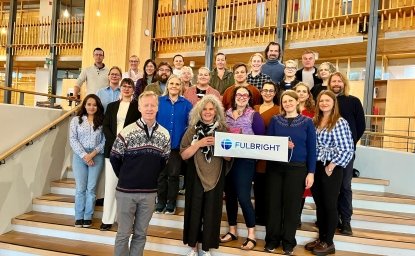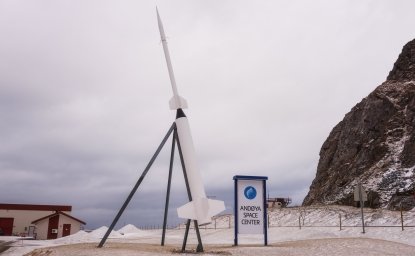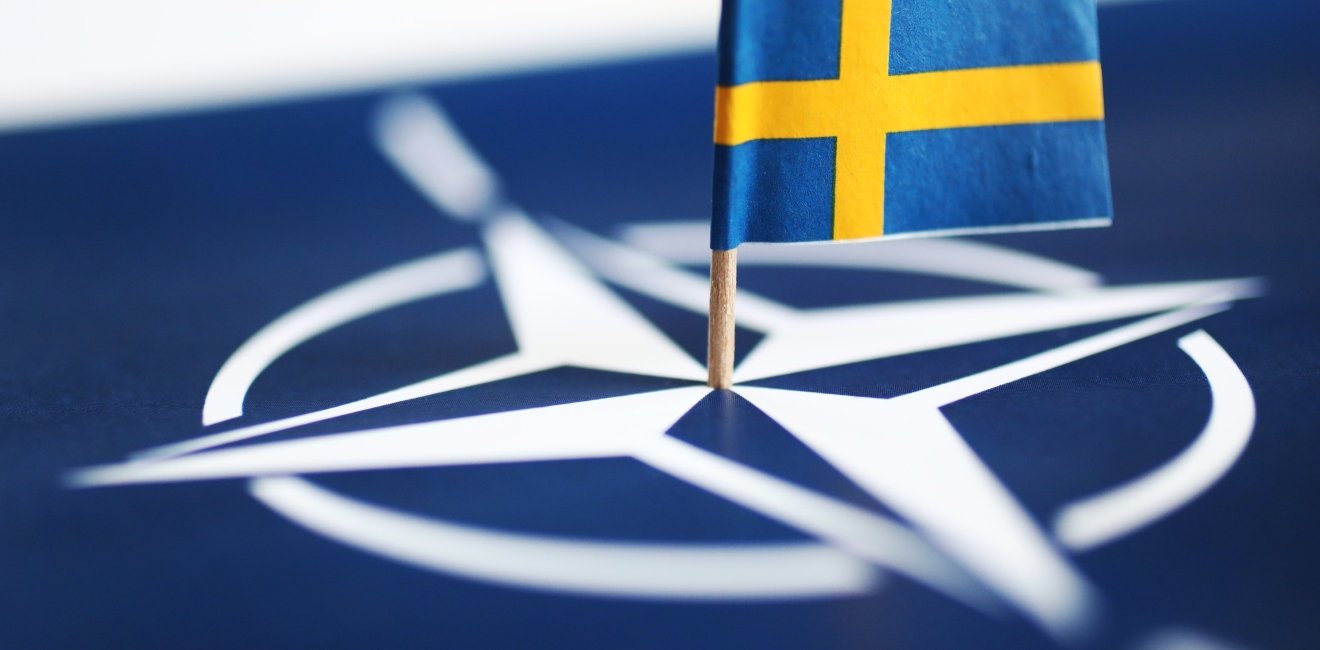
A blog of the Polar Institute
The recent accession of Sweden by NATO as its 32nd member is a consequential political event for the Arctic. The new alignment at the top of the world has long-term geopolitical and security implications. Today, seven of the eight Arctic states, all who have sovereign territorial rights in the region ~ Canada, Denmark (for Greenland), Finland, Iceland, Norway, Sweden, and the United States ~ are bound together by the collective security and deterrence commitments of NATO; the largest Arctic state, Russia, with more than half the Arctic Ocean’s coastline under its control, remains the outlier. The reality is that any current or anticipated ‘Arctic state engagement’ for future deliberations will include around the table seven NATO members and the Russian Federation. Finland's joining NATO in April 2023 (and bringing its 830-mile border with Russia into the fold), and now Sweden’s joining after more than two centuries of neutrality, are unintended consequences for President Putin and Russia’s invasion and continuing war in Ukraine. The actions of Finland and Sweden are notable and unambiguous, and have key impacts on the Arctic’s future.
Clearly inconceivable is Arctic military cooperation during Russia’s continued aggression in Ukraine and threatening its Arctic neighbors. But how can the complex suite of Arctic issues, such as climate change, Indigenous concerns, marine safety, and environmental protection, be addressed within this new geopolitical framework? The Arctic Council, an intergovernmental forum established in 1996 and led by the Arctic states, has been the leading forum for cooperation focusing on sustainable development and environmental protection. The Council is not a science body but a user of scientific knowledge to make policy decisions. The Council includes Indigenous Peoples organizations (named the Permanent Participants), and observers from non-Arctic states, and governmental and non-governmental organizations. The Ottawa Declaration specifically prohibits the Council from dealing with ‘matters of military security’ (fishing and marine mammal issues have also not been addressed). Major Council assessments have been conducted on climate change, shipping, oil and gas, biodiversity, human development, and pollution. However, the Council’s work has been paused by seven of the Arctic states (less Russia) since the invasion of Ukraine in February 2022. Since by charter the Arctic Ministers of the eight states must approve major new initiatives, the current lack of diplomatic engagement with Russia limits the way forward for constructive dialogue on a range of critical issues.
With a diminished Council role as an influential and effective forum on key challenges, the responsibility for addressing specific Arctic issues remains in a group of international organizations where the Arctic states have relevant expertise, influence, and broad national interests. For example, the International Maritime Organization (IMO), World Meteorological Organization (WMO), and the International Hydrographic Organization (IHO) can address Arctic safety, climate change, environmental protection, and data exchange. Other bodies can address telecommunications, human health, economic development, investment, and more. The national delegations and technical experts within these multinational bodies, which include Russia, are key avenues of engagement and cooperation in Arctic affairs. Another potential strategy for engagement is to address the implementation and requirements for existing Arctic treaties: search and rescue, oil pollution, scientific cooperation, and the conservation of polar bears (dating from 1973). The parties (six Arctic states including Russia, China, Japan, South Korea, and the European Union) to the 2021 Agreement to Prevent Unregulated High Seas Fisheries in the Central Arctic Ocean are moving ahead in just this manner to implement the terms of the treaty; recent meetings have addressed the establishment of a scientific body to steer the research and the creation of a long-term program on future management and conservation measures. This illustrates the possibilities of treaty engagement and cooperation despite the changing geopolitics and national security interests of Arctic stakeholders.
An era of uncertainty prevails in the Arctic for future cooperation and stability. The addition of Finland and Sweden in NATO adds clarity to regional security, but also creates tension and deep concern for a way forward in engaging Russia on a host of challenging Arctic climate, human use, and scientific issues. Notably, despite rising stresses in the Arctic, the region (along with the Antarctic) remains the most peaceful place on Earth. Maintaining the peace will require the difficult task of creating more trust among the Arctic eight and proactive engagement within international bodies and among treaty parties.
Authors

Fellow, Center for Arctic Study & Policy, U.S. Coast Guard Academy


Polar Institute
Since its inception in 2017, the Polar Institute has become a premier forum for discussion and policy analysis of Arctic and Antarctic issues, and is known in Washington, DC and elsewhere as the Arctic Public Square. The Institute holistically studies the central policy issues facing these regions—with an emphasis on Arctic governance, climate change, economic development, scientific research, security, and Indigenous communities—and communicates trusted analysis to policymakers and other stakeholders. Read more

Explore More in Polar Points
Browse Polar Points
Greenland’s New Governing Coalition Signals Consensus

Fulbright Arctic Initiative IV Scholar at the Polar Institute


